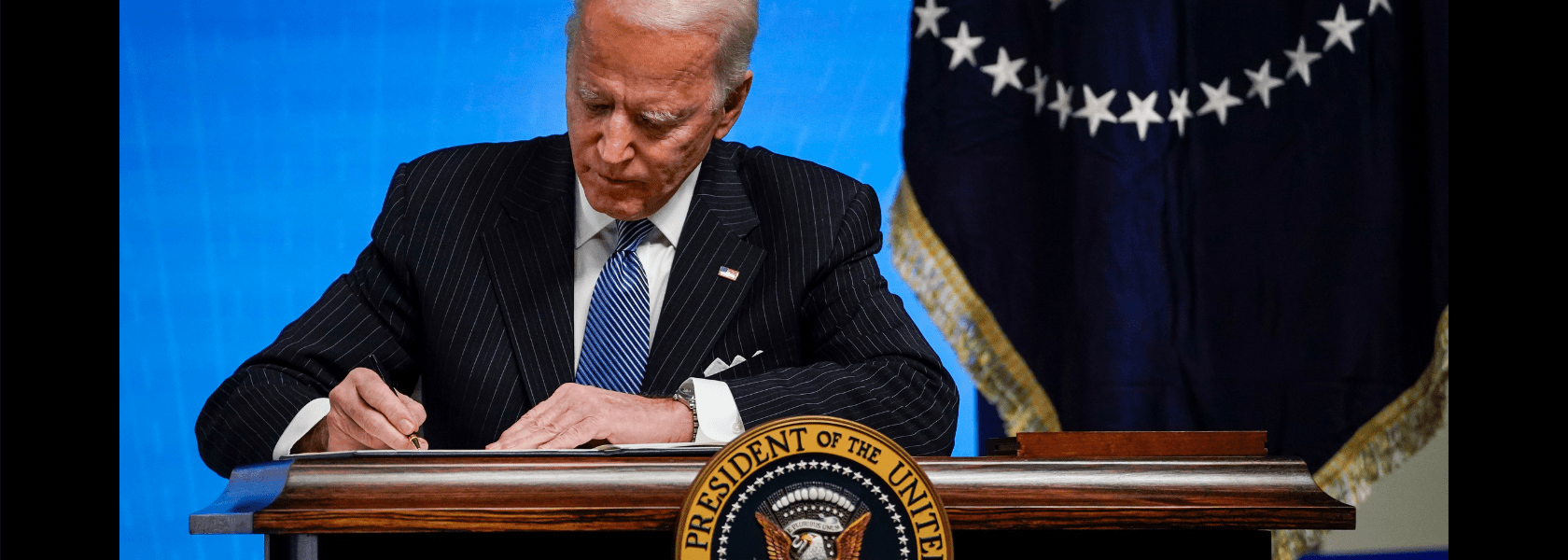Ana Sánchez // According to the Palestinian Center of Human Rights (PCHR) over these eight days the Israeli forces killed 171 Palestinians, 60% of them were civilians (102), 34% were children and 14% women. There were 648 wounded, being 625 of then civilians, including 214 children and 93 women. There were also 16 people with various disabilities. Entire families were killed during the attacks.
Despite these figures need no explanation, Palestinians are still seeing how their right to access to justice is being denied. PCHR´s lawyers have submitted 246 civil complaints to the Israeli Ministry of Defense and 79 complaints to the Military Advocate General (MAG) in order to held perpetrators accountable for their crimes and demand compensations for civilian victims. They have received 26 replies only, all of them negative.
The Israeli legal system set obstacles up to make access to justice for Palestinians almost impossible. They impose extremely high legal fees, prevent witnesses from appearing before courts or even more, modifies its legislation for the own sake, without compiling with any international legal mechanisms such as International Humanitarian Law or Rome Statute.
On July 16th 2012 the Israeli Knesset (the Israeli Parliament) approved Amendment No. 8 to the Israeli Law (State´s Liability). This amendment exempts the State of Israel of any liability arising from damages caused to a resident of an enemy territory during a ‘combat action’ or ‘military operation,’ thus exempting Israel of any liability for victims of the Israeli offensive in 2012 and “Operation Cats Lead” in 2008-2009. For this reason the legal experts from the PCHR have not been able to file any compensation claim on behalf of victims of “Operation Pillar of Defence.”
This amendment applies retroactively to the Gaza strip from 2005 onwards, so all the victims from the so-called Cast Lead Operation (Dec 2008 – Jan 2009) in which 1419 Palestinians were killed, being 83% of them civilians, are also affected by it and cannot apply for any kind of compensation or filled legal complaints against the perpetrators.
The Gaza strip has been under a siege imposed by Israel since 2007 but for the last weeks the situation of Gaza got worsen. The lack of fuel supply is causing several electricity cuts and currently there are only 6 hours of electricity a day.
Prices of fuel are extremely expensive and most of the people cannot afford them. Hospitals are running out of basic medicines and medial supplies and the power cuts jeopardize lives of patients in need of respiratory devices, live support systems or monitoring devices.
On this line, the PCRH recently called upon the Palestinian Authority to ensure that the Ministry of Health in Ramallah provides Hospitals in Gaza with the necessary medications for patients of leukemia, who have been without their medication since December 2012.
The tunnels connecting Gaza with Egypt covered approximately 60% of its needs. Robert Serry, the UN Special Coordinator for the Middle East Peace Process, told the UN Security Council on July 24, that 80 per cent of the tunnels linking Egypt and the Gaza Strip are “no longer fit for use” as a result of the strict measures taken by the Egyptian army. He added that the Gaza Strip suffers from “a significant shortage of fuel and basic construction materials which mainly entered through the tunnels due to the severe restrictions on imports through the official crossings and the high cost of fuel available from the West Bank and Israel.”
The situation of Gaza and its people should not be forgotten. The humanitarian crisis they have been living in for over 7 years due to the illegal siege and blockade imposed by Israel with the support of Egypt is completely unacceptable. The international community and international legal systems seems not been able to find a solution for this crisis and in the meantime, the situation just keep going worst.
For all that, in the meantime, do not forget about Gaza, silence is complicity






